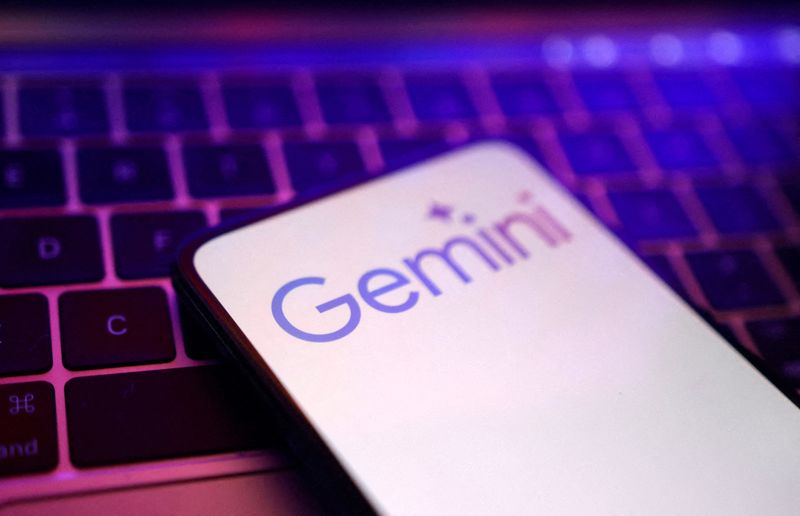Google Considered Exclusive Gemini AI Partnerships with Android Manufacturers

Google’s Antitrust Challenges in the Tech World
Background of Google’s Monopoly Issues
The ongoing legal proceedings involving Alphabet’s Google focus on its dominance in the online search and advertising markets. Recent testimonies during an antitrust trial highlight that Google had discussions with several smartphone manufacturers, including Samsung. The intent was to secure exclusive rights not just for its search engine but also for its Gemini AI application and the Chrome browser. This revelation emerged during the second day of hearings in Washington and indicates Google’s strategy to consolidate its market power.
The Role of the U.S. Department of Justice
The U.S. Department of Justice (DOJ), alongside a coalition of various state attorneys general, is pushing for significant changes in how Google operates. They aim to compel the technology giant to sell its Chrome browser, among other measures, to dismantle its perceived monopoly. Judges in the case have previously acknowledged that Google maintains its dominant position in search through agreements that often make its search engine the default option on new devices from manufacturers like Samsung.
Exclusive Agreements and Market Implications
Google’s exclusive agreements with device manufacturers are at the heart of the antitrust issues. These arrangements can limit competition by ensuring that users have limited access to alternative search options upon purchasing a new device. According to U.S. District Judge Amit Mehta, such agreements significantly bolster Google’s control over the search market.
Concerns About AI and Market Control
Prosecutors have expressed concerns that Google’s dominance in search could give it an unfair advantage in the rapidly growing field of artificial intelligence (AI). They argue that Google’s AI tools are often structured to redirect users to its search engine, further entrenching its market position. This has implications not only for consumer choice but also for competition among tech companies developing AI technologies.
Testimonies and Industry Reactions
Key industry figures are expected to testify in the trial. One notable witness is Nick Turley, who is the head of product for OpenAI’s ChatGPT. Turley’s insights are anticipated to shed light on how Google’s exclusive contracts can suppress the distribution of competing AI products like ChatGPT.
Google’s Defense and Competitive Landscape
In its defense, Google maintains that the trial is not focused on AI but rather on preserving its market position amid robust competition. The company points to competitors like Meta Platforms as evidence that it does not hold an unassailable lead in the tech industry. Google argues that numerous platforms and companies are vying for users’ attention and that it faces challenges from various fronts.
Conclusion and Future Implications
As the trial progresses, the impact of these proceedings could have far-reaching consequences for how tech giants operate and compete. The outcome may redefine the boundaries of market power in technology, particularly in search engines and emerging AI technologies. Stakeholders across the tech industry will be watching closely to see how the courts navigate the complex interplay between market competition and consumer choice.






